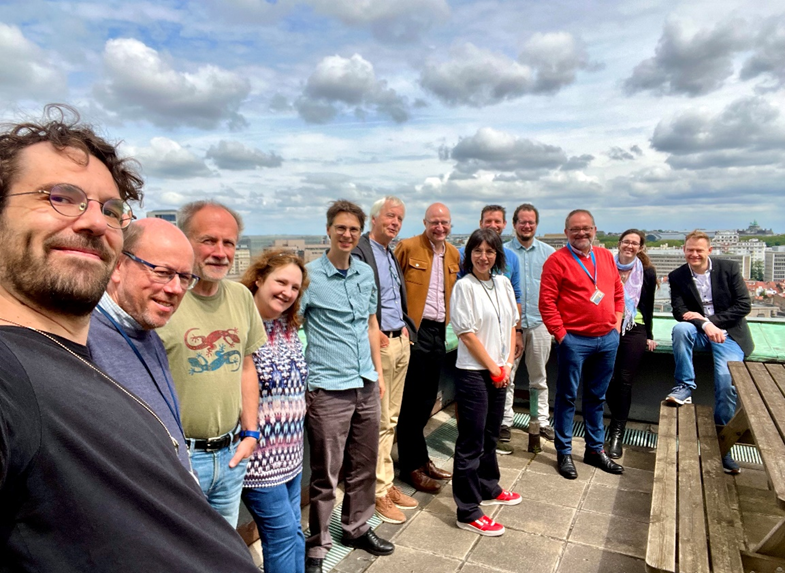As of February 2023, the Social Sciences and Digital Humanities Archives (SODHA) has been running for 2 years and a half at the State Archives of Belgium. Thanks to feasibility studies financed by the Belgian Science Policy Office since 2015, a fully-fledged data archive for storing, documenting, sharing, and long-term archiving of social science data is now up and running. Now, to fully anchor the data archive service and secure its existence in Belgium and among the Consortium of European Social Science Data Archives (CESSDA), a plan has been elaborated to accrue social science data from federal producers, alongside Belgian universities, and to highlight this sector’s contribution to social science research. To this end, we seek to make SODHA a one-stop shop (1) that provides researchers from all research institutions with everything they need in the way of research tools, legal advice, documentation on data management, data sources, data reuse, and so on. Furthermore, we wish to develop SODHA by utilizing the now available infrastructure and expertise to address a particular need, often expressed by social scientists when interacting with us, which is to set up a “data vault,” (2) i.e., a subsidiary service specialized in accruing, safekeeping, and providing limited and conditional access to sensitive data. The social sciences are rife with datasets whose contents cannot be shared without heavy anonymization or pseudonymisation work (when they can be shared at all). Drawing from the State Archives’ expertise on how to handle sensitive materials, we plan to elaborate a strict legal, policy, and technical framework to safeguard Belgian data and regulate access and reuse with utmost caution. Finally, our plan is committed to the sustainability (3) of the SODHA infrastructure by focusing on 3 axes: a technological upgrade that will enhance the security, robustness, and scalability of the infrastructure; the elaboration of consortia and cooperation agreements with other national and international infrastructures (Archives Portal Europe, Europeana, Orfeo, FRIS…), and the creation of a new organisational model with the aim of increasing the viability of the platform. In addition, the consortium will fully integrate SODHA into the open data policy of the federal government.


